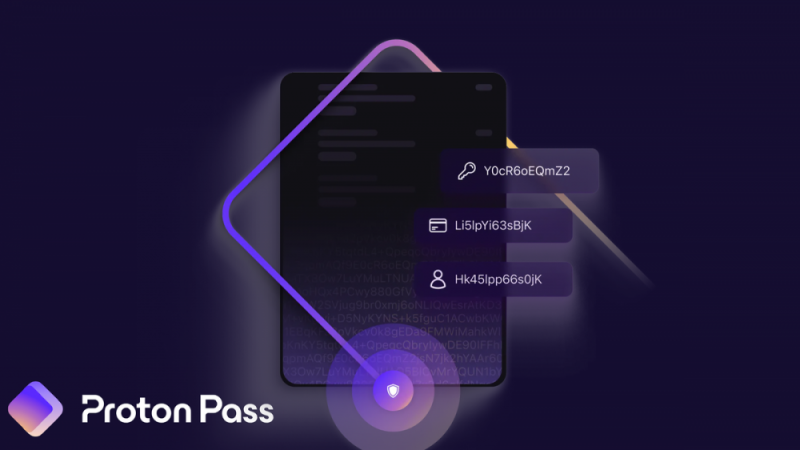The Company Behind Proton Mail Just Debuted a Password Manager


Proton has spent the last few years offering privacy-focused alternatives to common apps and services. There’s Proton Mail, for example, along with Proton Drive, Calendar, and VPN. So, today’s news doesn’t come as much of a surprise—Proton is launching a password manager.
This password manager, called Proton Pass, was largely developed by the SimpleLogin team that Proton absorbed last year. It follows a freemium business model, meaning that while Proton Pass is free to use, its best features are hidden behind a subscription.
Like other Proton services, Proton Pass is protected from top to bottom with end-to-end encryption. Even innocuous data, such as web links, are encrypted. A user key is required to access Proton Pass data, and Proton emphasizes that all encryption occurs locally, without the cloud. (So, even if Proton is hacked, user data shouldn’t be compromised.)
And Proton couldn’t announce this product at a better time. We’re still reeling from LastPass’ data breach, which exposed customers’ personal information (including passwords). The LastPass data breach occurred because hackers obtained a “backup of customer vault data,” something that Proton Pass explicitly tries to avoid. So, I imagine that Proton Pass will attract a lot of former LastPass users.
As for actual features, Proton Pass can save login credentials and notes (credit card support isn’t confirmed, though I see what looks like a credit card icon in the image at the top of this article). Proton Pass can generate passwords when needed, and it integrates with Proton Mail’s aliases feature to create fake email addresses on the fly (which redirect mail to your normal inbox without revealing your identity).
I should also note that you can use Proton Pass as a two-factor authenticator. This feature is commonly offered with other password managers (such as 1Password), but frankly, it’s a feature I’ve never had much luck with. Dedicated authenticator apps tend to work better.
Proton Pass is now available in beta as a browser extension, Android app, and iOS app. But it’s only open to users with a lifetime Proton plan (users with a legacy Visionary plan will gain access soon). Once it actually launches, Proton Pass will follow a freemium model. It will also be included in the
Source: Proton










